Last year in August, the law of book banning took effect, banning books with queer and racial themes from all public libraries and schools in California. However, on Monday, Sept 25 Sacramento Governor Gavin Newsom issued a bill countering this law.
Book banning has been a long-standing issue stretching back to the 17th century. Many now-deemed classic books have all been banned at some point in the United States. California shares a similar history of banning books as in the 1960s “The Sun Also Rises” was banned along with all of the author Ernest Hemingway’s works (more information here). Another instance of book banning in California occurred in 2014 when a bunch of novels such as “The Fault in Our Stars,” “The Tortilla Curtain,” and “Rabbit is Rich” were banned by several school districts in California (more information here).
Some other books at our campus (ERHS) could have been potentially removed if the banning continued here are some examples:
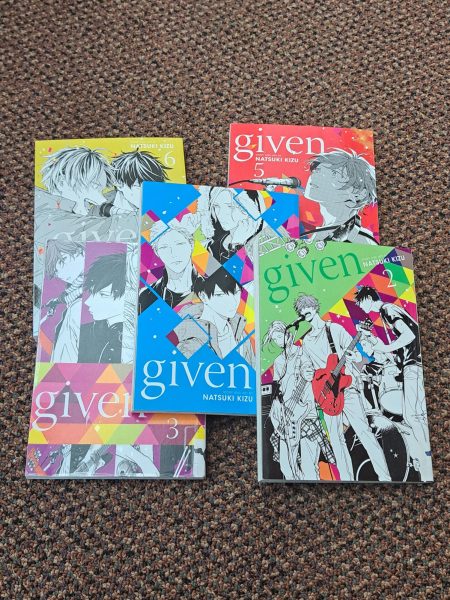

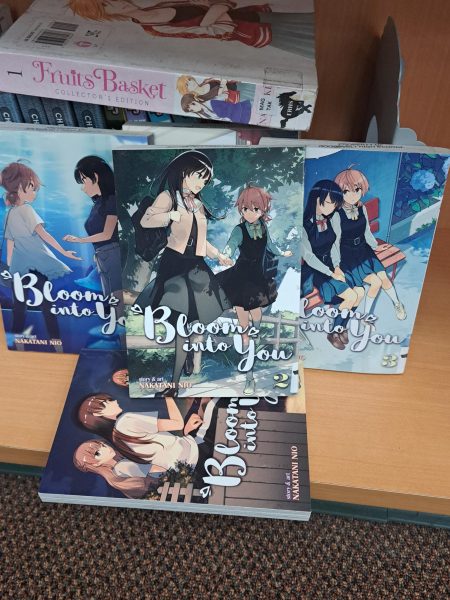
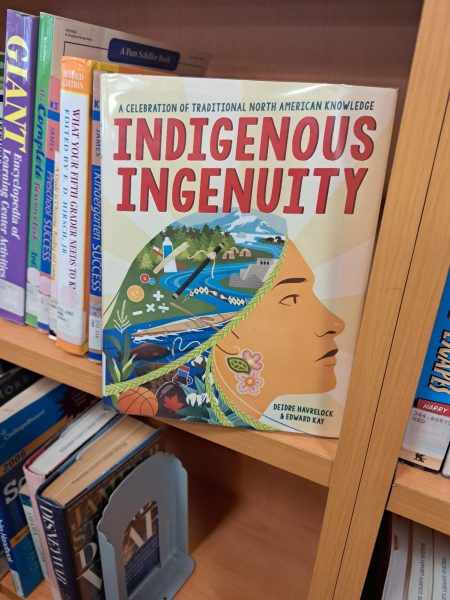
Over many years books have been banned and unbanned. However, in just this year alone there have been over 700 attempts to censor books in the first 6 months, and over 1,915 titles going under scrutiny according to NPR. Which is now ratified due to Newsom’s new bill banning book bans.
Following the New Jersey State Bar Foundation and American Library Association (ALA), last year, there were attempts to ban, challenge, and restrict access to 1,651 book titles within the U.S. The numbers exceed the records of what was left behind from 20 years ago. From July 2021 to June 2022, there were 2,532 instances of individual ban requests, affecting 1,621 different authors. These ban requests occurred in 138 school districts in 32 states. Nearly 4 million students were affected by this law.
Most books banned consist of LGBTQ+ issues, race, and racism directly or indirectly inferred. The problems that arose from this act directly challenged the First Amendment in the Bill Of Rights. The Supreme Court reaffirmed that the right to receive information is a protected right under the U.S. Constitution. Under the First Amendment, one has the right to speech, press, and political freedom. For public libraries and schools to rid of books labeled as “offensive” material is restricting children’s freedom to access information (learn more here).
With the intensity of this controversial topic, resistance against this policy has risen. Governor Gavin Newsom of California signed a bill preventing school boards from banning or censoring textbooks that contain racial or queer themes. Winning more than two-thirds of majority votes, allowed it to be enacted immediately. On top of the bill, Newsom threatened to impose a $1.5 million fine on the Southern California School Boards for rejecting textbooks that include queer rights activist, Harvey Milk. This led the School Board to withdraw from the conflict eventually.
We interviewed the Gender Sexuality Alliances Club (GSA) at Eleanor Roosevelt School, majority of them support Newsom’s bill to curb the book ban. Many believe that the book ban is erasing our history and representations.
An English teacher at the ERHS campus Heidi Oberdank said, “Individuals are free to make choices based on their ideas, but should not be making decisions for everyone,” supporting the bill.
The advisor of the club and an ERHS counselor, Sarah Gonzalez commented on Oberdank’s statement, “It is a good thing, it prevents people from banning books based on race or gender.”
Officers consider the book ban law ridiculous.
A Junior officer, Rei Ku said, “The book ban is honestly messed up. It erases queer history and creates a harder environment for the LGBTQIA+ community.” He then adds, “The fact that we are reading books doesn’t harm anyone, you should be able to educate yourself.” His statements strongly agree with Newsom, as he believes that “We’re a country about freedom, but also restricting what people can read? I think we should be able to take stands and not let it slide.”
Another Junior officer, Arielle Hernandez continued the thought, “I think it’s a good thing, to get rid of the book ban, because the future generation can have an education that we currently don’t have.”
She points out that having books that include representations in the library gives people reassurance of their history.

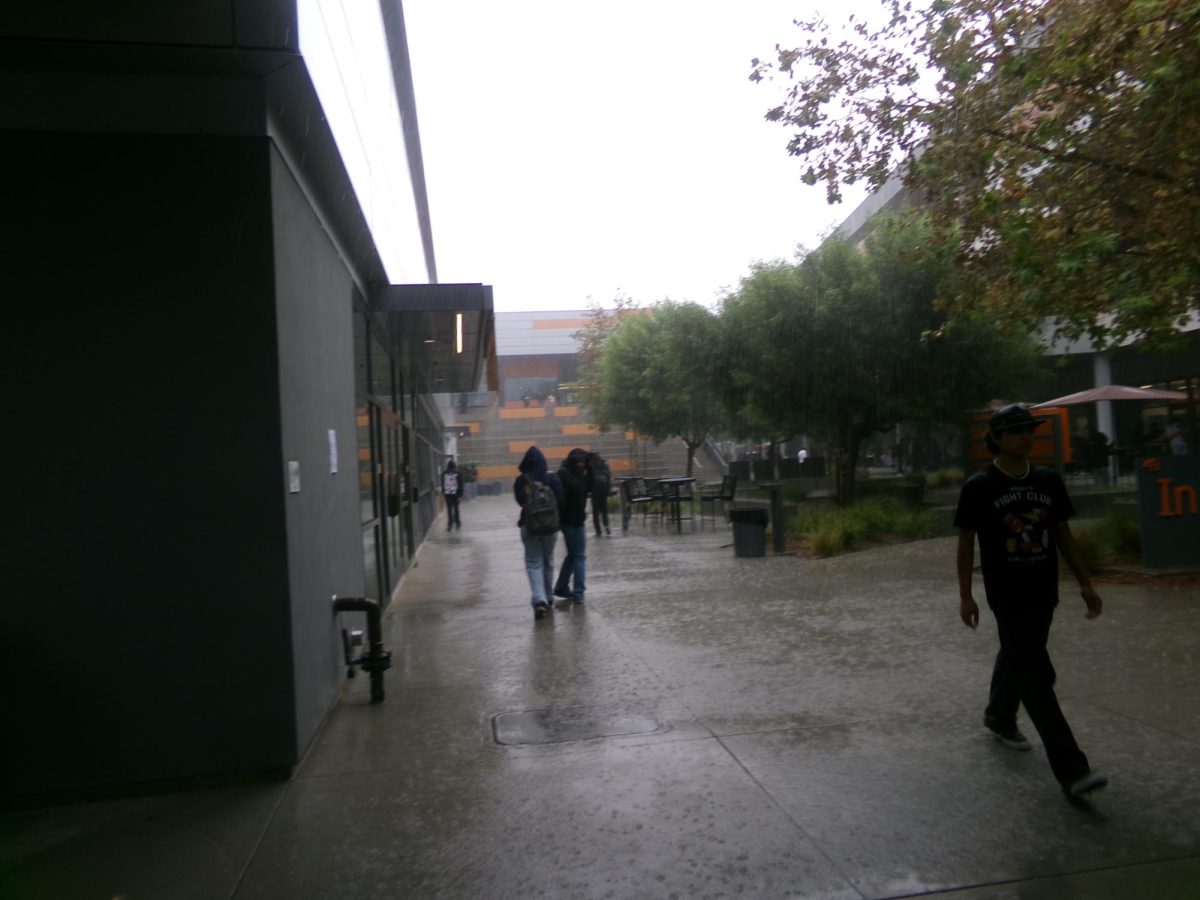
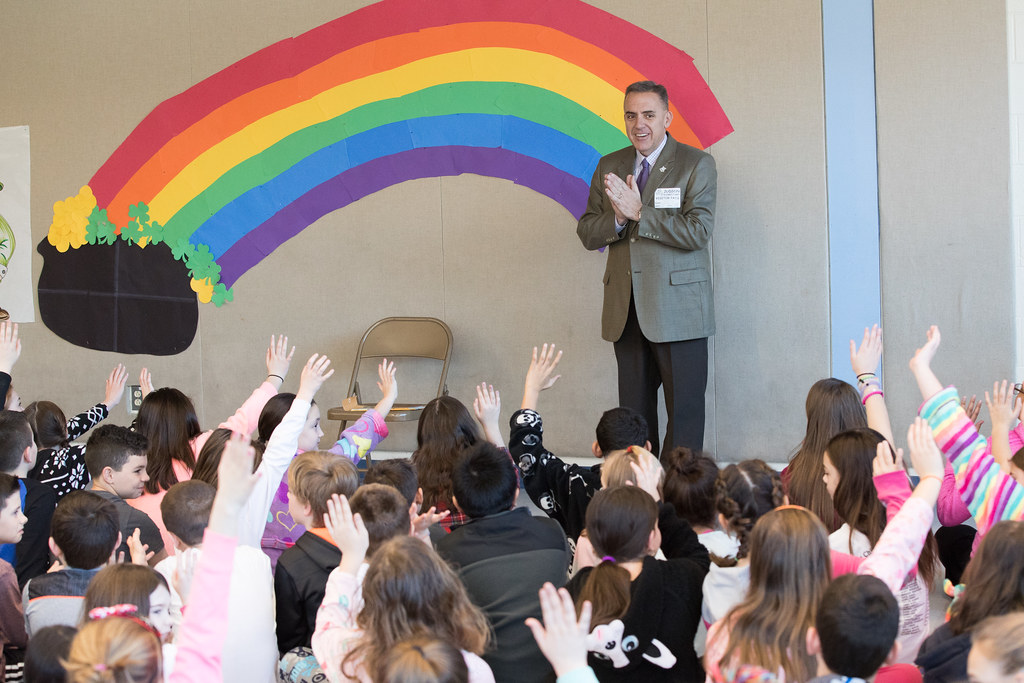
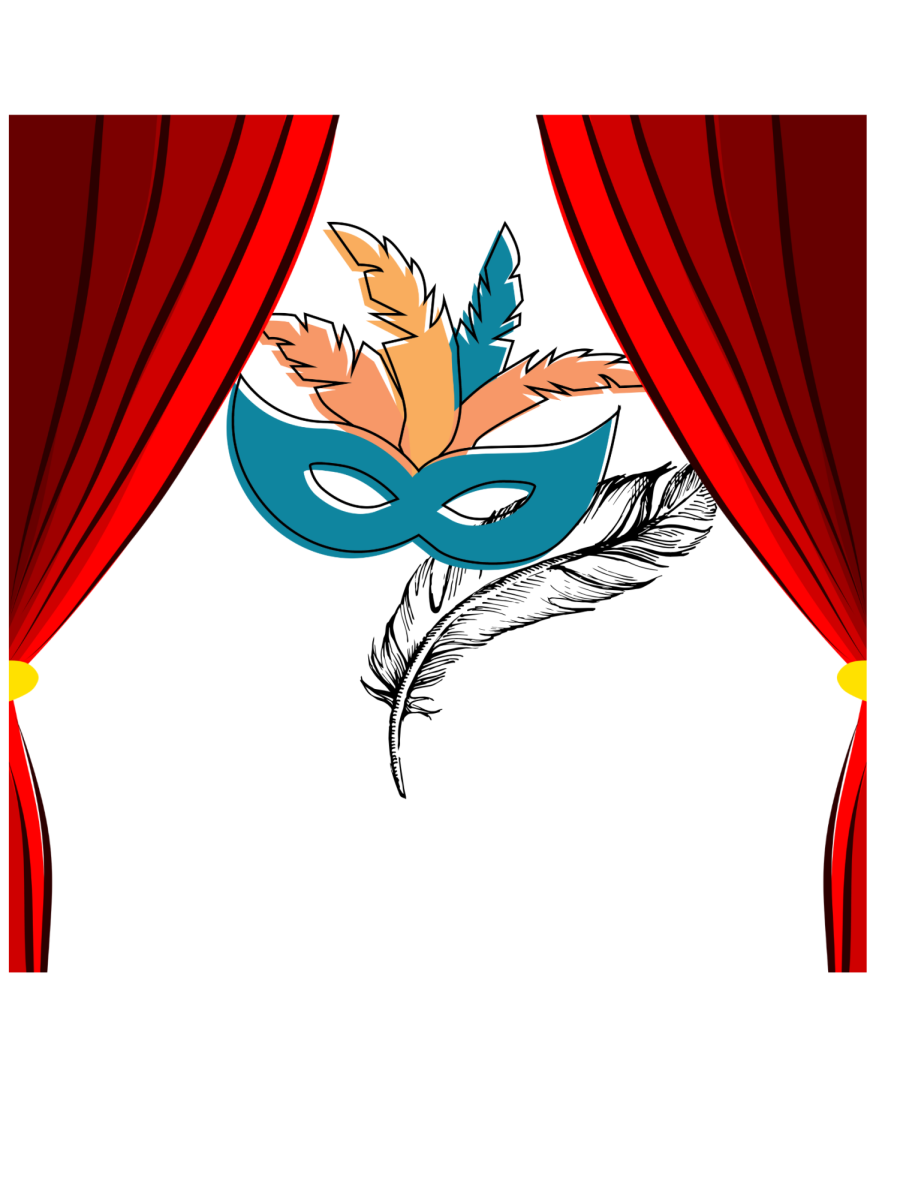

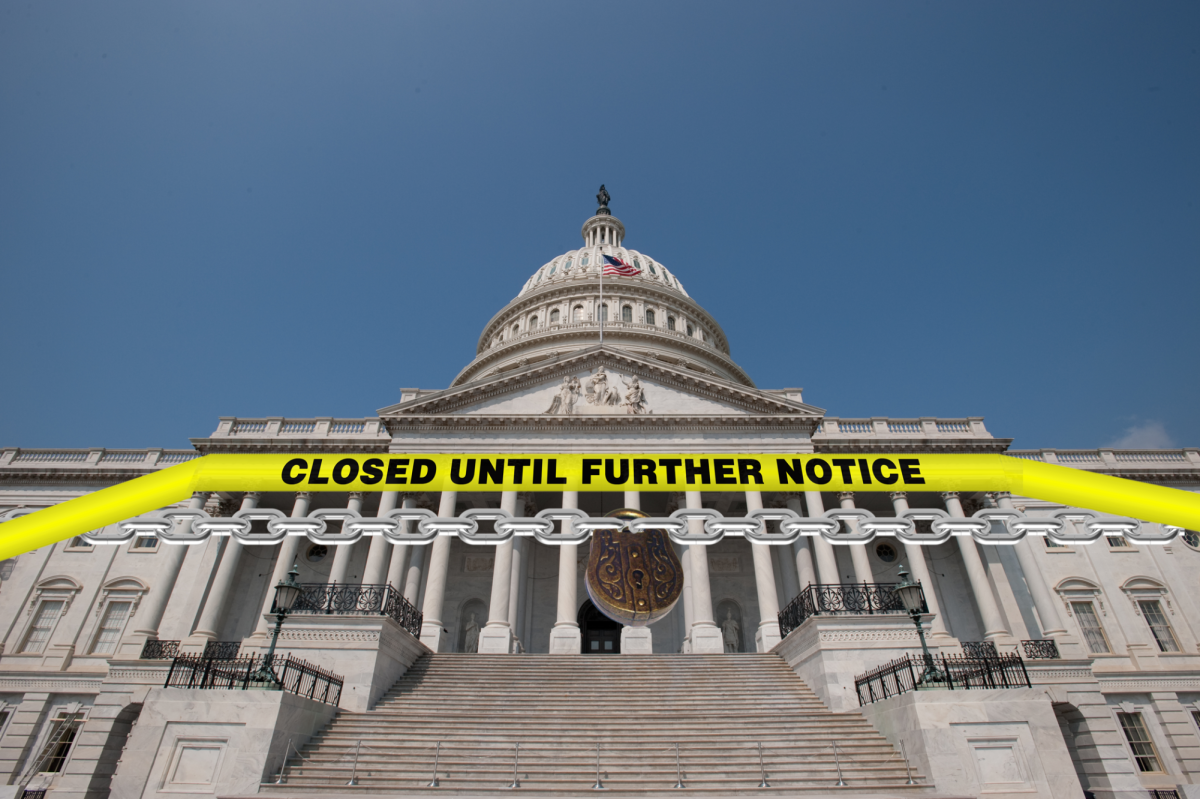



Daisy Moss • Sep 29, 2023 at 12:47 pm
I had no idea about this bill!! great story and super great topic, censoring an entire group of people is just plain wrong, thank you for covering this!